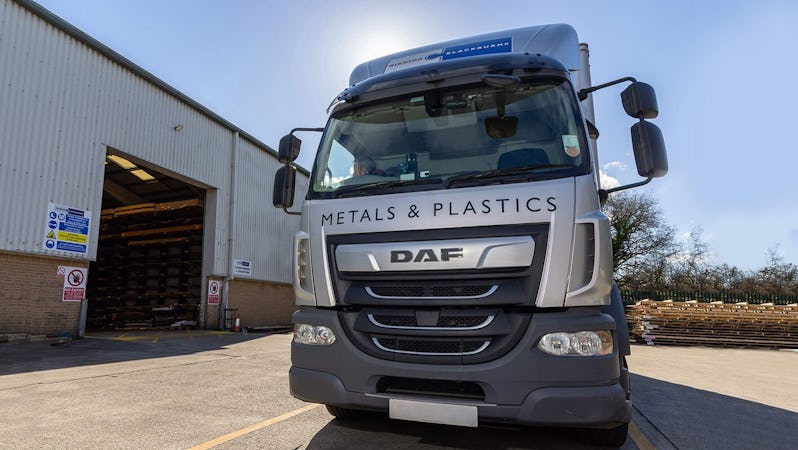Anti-Biofouling
This is simply defined as the ability to inhibit the deposition of bacteria, moulds, algae, fungi and other organic matter such as barnacles, crustaceans, etc. Copper, brass, bronze and copper-nickel have all been used to good effect in marine environments where their other properties including corrosion resistance and high strength have also made them particularly suitable solutions.
Combating Slugs & Snails
Copper strip has been effectively protecting wall mounted mail boxes in the West of England for over 10 years. It apparently gives them a shock similar to when cooking foil makes contact with an amalgam tooth filling! This is an excellent and very environmentally-friendly alternative to other methods that generally involve undesirable chemicals and pesticides. Note that the copper is most effective when kept bright and shiny. An effective range of products has been commercially available for some time but these have not yet become well known:
- Copper Slug Rings – Adjustable rings to scrunch lightly into the soil around target plants
- Copper Snail & Slug Tape – Self adhesive tape for application to plant pots or pet-food bowls
- Slug & Snail Shocka Mats – A roll of ground-cover fabric coated with copper - Cut the mat to size and place under pots or use to create a collar around susceptible plants like hostas, strawberries and lettuce.
Combating Micro-Organisms
Recent and ongoing research at various laboratories throughout the world, notably pioneered at Southampton University, has shown that copper-based alloy surfaces are a better solution than Stainless Steel as they inactivate the MRSA ‘superbug’ as well as C- Diff and e-coli, all of which persist on stainless for extended periods.
This has been confirmed in hospital trials, notably in Birmingham, UK. More and more medical facilities are now using copper alloys for this reason and it is likely food facilities may follow the trend.





